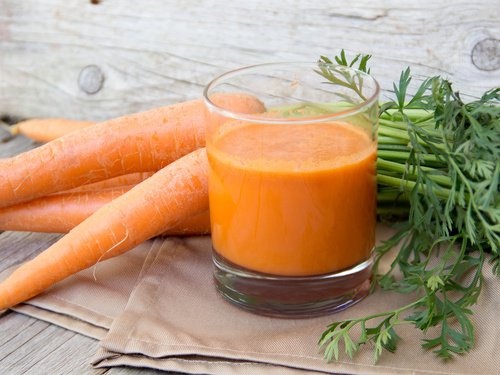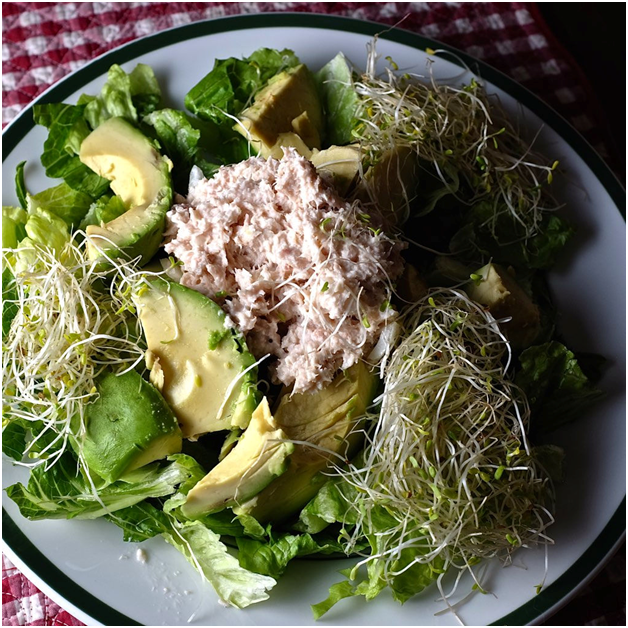In addition to acting in a positive way on flu symptoms, syrup carrot helps prevent constipation, has anti-inflammatory and calming effect that helps reduce tension.
The carrot is one of the vegetables most cultivated and known throughout the world. For many years he has been one of the key foods in the diets, loved for its versatility and its delicate sweet taste.

Besides being perfect to combine with other dishes, it is held in high regard for its nutritional qualities that can help, for example, to improve the skin’s appearance and protect the view.
One of the virtues of the lesser-known carrot lies in prevention and treatment of disorders of the respiratory system, such as colds, coughs and flu. This is due to its content of vitamin C and other vitamins of the B group which help to strengthen the immune system, increasing the response of our body against microorganisms responsible for these disorders.
Why does so much good syrup carrot?
As we have already said, the carrot has medicinal qualities very important. This carrot syrup is a natural remedy interesting that combines the properties of this vegetable with those of honey and lemon is, therefore, a great ally against the common respiratory diseases, including:
- Influenza
- Cold
- Cough
- Catarrh
- Sore throat
The carrot is rich in vitamin A, C and B-complex vitamins; also it contains calcium, iron, potassium, sodium and phosphorus.
Its high content of antioxidants helps to curb the action of free radicals and thus become effective in the prevention of chronic and degenerative diseases such as cancer.
Recipe syrup carrot
One of the biggest advantages in bothering with this syrup is that the foods used are very cheap and available everywhere.
Being completely natural, it is a good way to combat the symptoms of flu without running the risk of some side effect.
Ingredients:
- 2 carrots
- ½ lemon
- ½ cup honey
- 1 glass jar
Preparation:
- Cut the carrots into thin slices and then put them in a glass jar.
- Add the juice of half a lemon and half a cup of honey.
- Capped the jar and let stand at least 24 hours before using.
As you take?
- Just get a tablespoon, twice daily.
- You can dilute it in half a cup of warm water.
What are the other benefits of this remedy to the carrot?
Besides being an excellent remedy for colds and flu, this natural syrup has other important properties for the health.
- It helps protect tooth enamel and prevents tooth decay.
- It helps to prevent constipation due to its fiber intake.
- It is used to calm the gastric disorders such as acidity, reflux and gastritis.
- Thanks to its anti-inflammatory properties, is a good complement in case of treatment against joint pain, bone and muscle?
- It acts as an energizer and natural tonic due to its content of potassium, phosphorus and vitamins.
- His intake of beta-carotene and other antioxidant compounds makes it ideal for stimulating cell regeneration, improving the appearance of skin, hair and nails .
- Its regular consumption helps prevent the loss of visual acuity or blindness twilight.
- It helps prevent the formation of kidney stones because it facilitates the proper functioning of the urinary system.
- It has a calming effect that helps reduce tension, nervousness and were mild stress.
Contraindications:
For its high content of honey, this syrup should not be administered to people suffering from diabetes or who have high levels of blood sugar. Honey, in fact, has a high glycemic index that, if taken in excess, can worsen these health conditions.
It is not recommended to those who take medicines diuretics as having a similar effect; it may increase the action and cause side effects.
The beta-carotene content in carrots is the basis of much of its positive effects on the body, but that does not mean that it can be taken in excess. The use of this drug in excessive quantities can cause ovraccarico organs deputies to the synthesis of vitamin A.




















+ There are no comments
Add yours